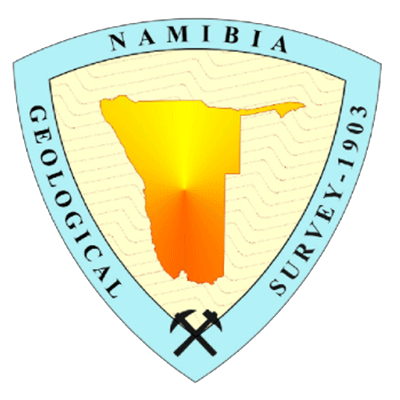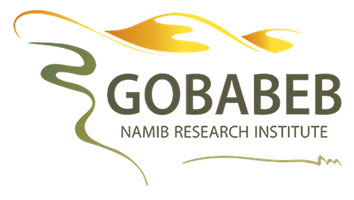Project ended after 2nd Phase
Earth‐life evolution on short time scales
Research area: Population Genetics
Principal investigator: Prof. Dr. Thomas Wiehe
Project Info: Phase 2 (only)
In a classical population genetics perspective, evolution is the temporal change of allele frequencies in natural populations. Some of these changes are driven by natural selection and adaptive pressures, which depend on biotic as well as abiotic environmental conditions. Population size, migration rates and the relative fitness of genotypes are key parameters of this dynamical process. They also determine the associated time‐scale which typically reaches from Holocene to late Pleistocene. Relatively undisturbed environments, such as the Atacama and Namib, present an ideal scenario to study the impact of climatic conditions, e.g., temperature, humidity level, fog, rare floods and fluvial erosions, on the evolutionary process.
Using NGS sequencing technology we will generate genome surveys of about 1,500 individuals in total (from each desert two plant and two beetle species), collected at several sampling sites. We will reconstruct their population history, determine the migration routes and rates, examine parallel trends and search for genes that may have contributed to their adaptation to hyperarid environments. Considering climate (A cluster) and landscape (C cluster), we will use modelling and computer simulations to interprete population genetic data in the light of theoretical predictions.
Publications
Project B6 - Publications
Articles
Otto, M., Wiehe, T., 2023.
The structured coalescent in the context of gene copy number variation.
ScienceDirect. 67 - 78. DOI: https://doi.org/10.1016/j.tpb.2023.08.001.
Otto, M., Zheng, Y., Wiehe, T., 2022.
Recombination, selection, and the evolution of tandem gene arrays.
Genetics. 221 (3), 1 - 18. DOI: https://doi.org/10.1093/genetics/iyac052.
Data
Project B6 - Research Data
Mbulu, R., Wiehe, T., Predel, R., Quandt, D., 2023.
Evolutionary and population genetic studies on several desert plants and beetles.
CRC1211 Database (CRC1211DB).






















